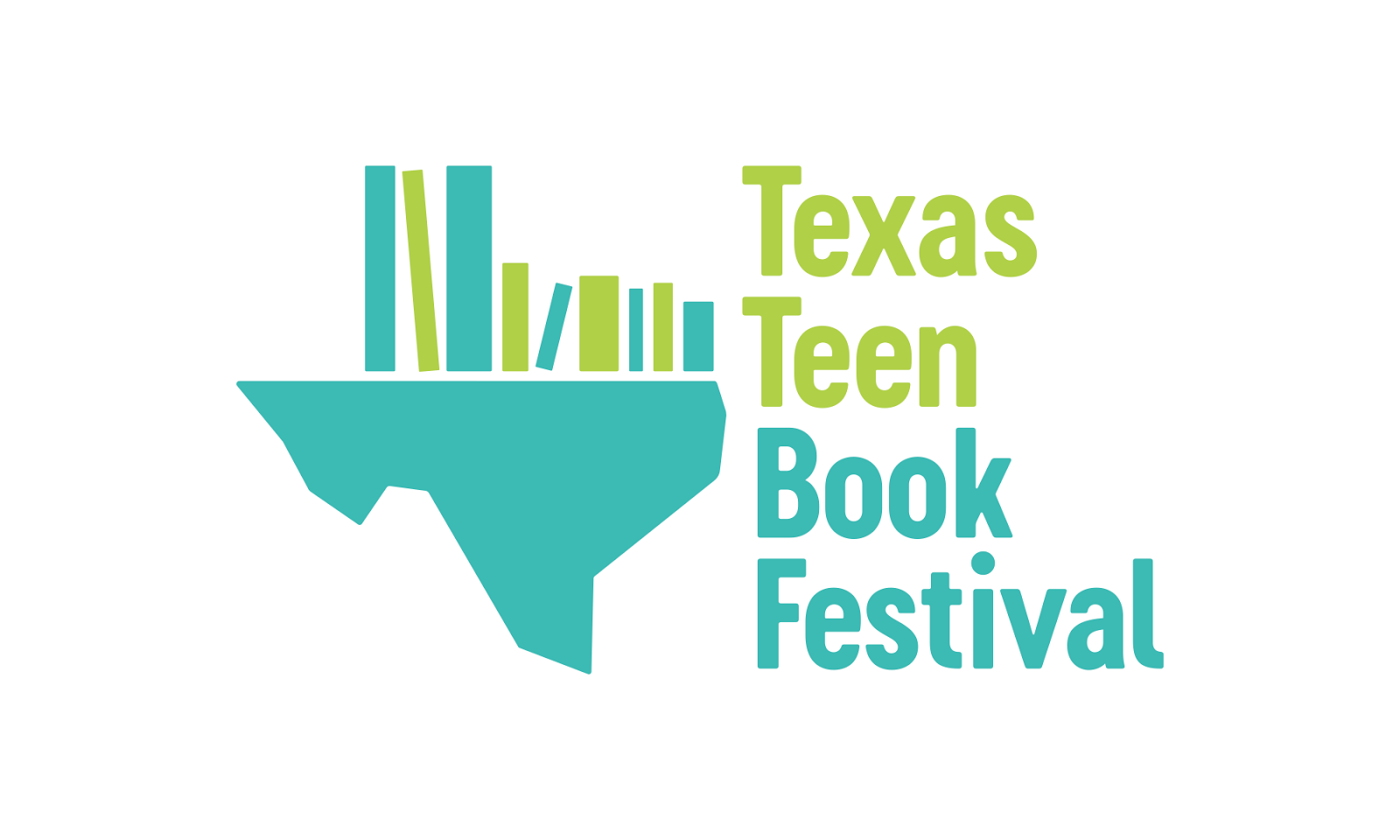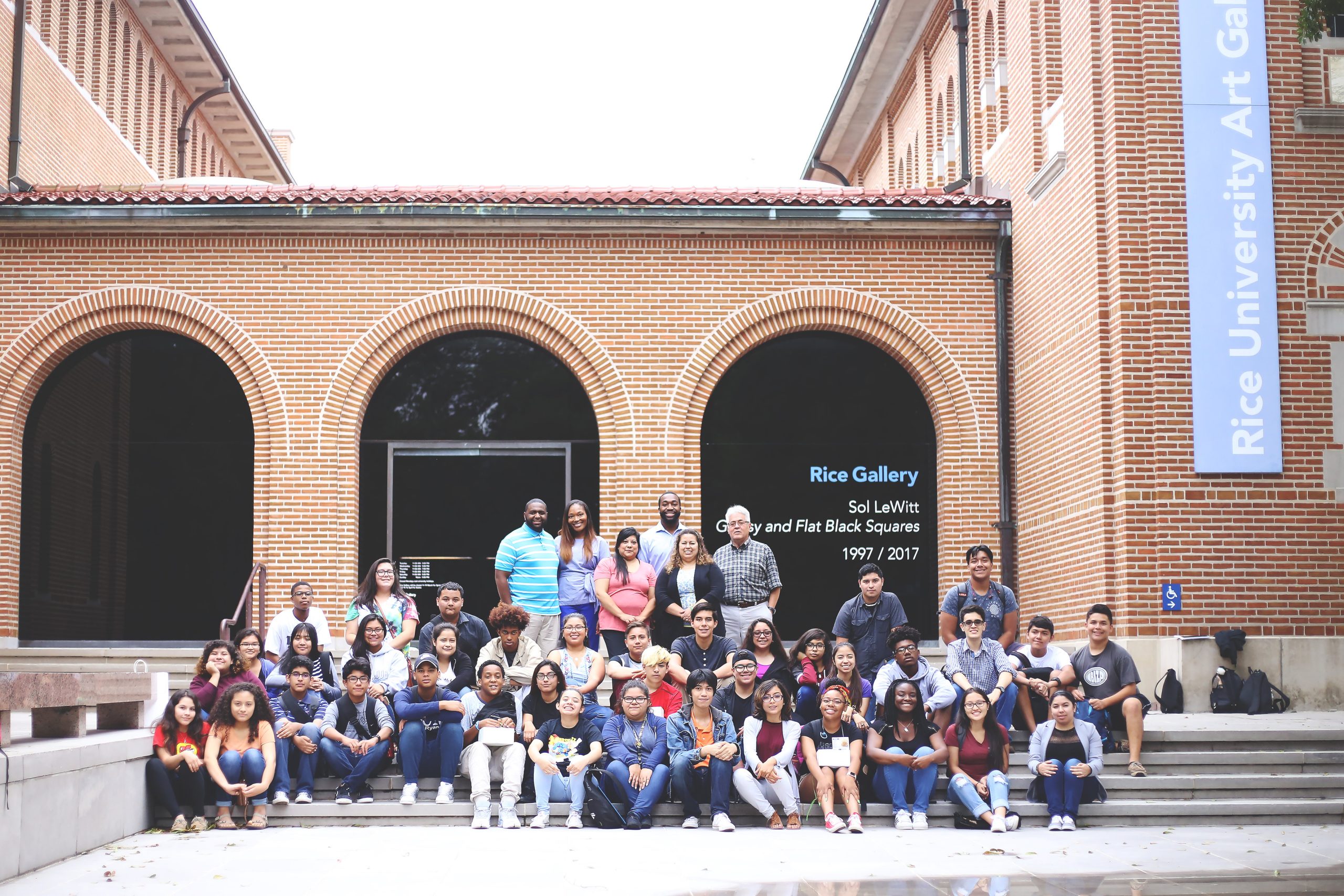What started as a small gathering of 500 individuals at an Austin high school in 2009, has now transformed into the annual Texas Teen Book Festival – a collaboration between Texas Book Festival, BookPeople, and a dedicated group of librarian volunteers. The one-day event, now hosted at St. Edward’s University, connects thousands of teens with local and award-winning authors to promote recreational reading and literacy. The festival, set for October 7th, plans to offer new books in YA literature, fun activities, and a star-studded panel of keynote speakers featuring New York Times bestselling authors Marie Lu and Jason Reynolds as well as The Big Bang Theory actress Mayim Bialik.
To spark early excitement for the big day, the festival is currently hosting the 2017 We Need Diverse Books Essay Contest in partnership with We Need Diverse Books. The contest invites Texas teens from underrepresented groups (such as people of color, Native voices, people with disabilities, those from the LGBTQIAP+ community, etc.) to explain why diversity in children’s and YA literature matters to them.
The idea for the essay contest arose when Texas Teen Book Festival Director Shawn Mauser noticed that there was a lack of books focused on diversity. “I am a school librarian for a very diverse student population, and I spend a huge amount of time looking for books that appeal to my students,” said Mauser, “If it’s difficult for even library professionals to find enough diverse books, think about the experience young African American or Latinx readers. It should not be this hard.”
So, what’s the big deal?
Why is it so important for literature to contain diverse content?
With each story that we delve into, we transport to different worlds, from a magic school for witches and wizards to a stranded island taken over by unruly boys. Page by page, minute by minute, we get attached to these story characters and we even try to find our own place in their fictional universe.
Similarly, children are affected by what they see around them, which can either aid or hinder their developmental growth. Kids particularly search for themselves in the books that they read, serving as an example of how they should interact with their environment, as literature reflects the world we live in and the people among us. “If teens do not see themselves represented on the shelves alongside their peers, what message does that send to them about their place in our society? That experience is not something we want to perpetuate,” explained Mauser.
Diversity in literature not only affects youth from underrepresented minorities, but it also affects children from all walks of life. By exposing kids to different types of individuals, they can discover and appreciate the richness of diversity, creating a greater curiosity for the world.
Mauser shares that “everyone should be able to have books they love in which they can see themselves and their culture. We want to encourage Texas youth from all backgrounds to get involved in the book world and add their own voices to the conversation. We need passionate, diverse readers to get involved and keep making the book industry better so that the books we create and sell reflect all voices and tell all stories.”
For those interested in sharing your thoughts about why diverse books matter, the 2017 We Need Diverse Books Essay Contest is still open for Texas residents, aged 11 to 18 years! Winners will receive an invitation to an exclusive event at the festival and have their work published on the Texas Teen Book Festival website. For more information, you can visit https://texasteenbookfestival.org/wndb_essay_contest/.
If you’re unable to participate in the Texas Teen Book Festival, you can still immerse yourself in the book world! Mauser recommended tips on how to jump start your interest in reading and writing recreationally on your own:
- Seek out and connect with your school librarian or youth librarian at the public library. Both should have the tools and experience to help you connect with authors you will enjoy and be able to assist them in finding writing opportunities.
- If those options are limited, social networks can also be a powerful tool. Look for connections to authors, libraries, and publishers on YouTube and Twitter. Find a public library on Twitter and take a look at the writer they follow. Create and curate Reader/Writer follow lists.
- Be proactive and tenacious. Reach out to authors you love. Reach out to reading and writing groups and ask questions. Visit their web sites and use their Contact Me forms. You might be surprised at how often they will respond.





